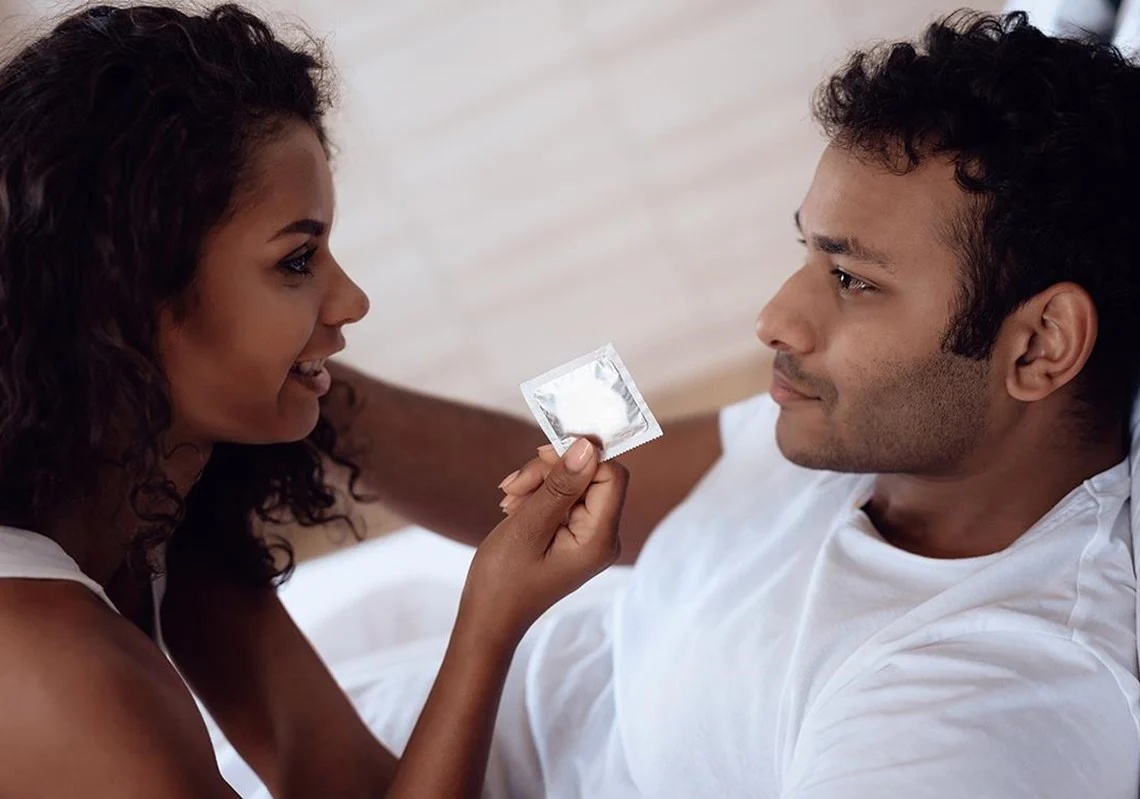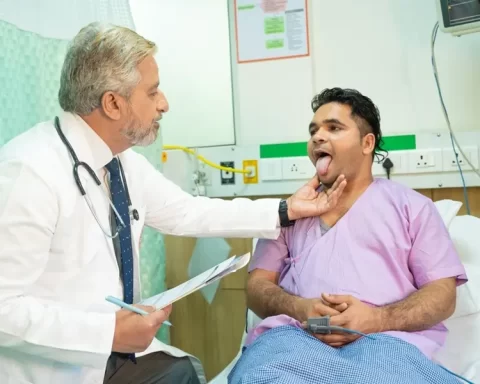Cases of gonorrhoea infections that are resistant to antibiotics are on the rise in England, scientists have warned.
Increased resistance could one day make the sexually transmitted infection (STI) “untreatable” if the problem is not tackled.
Gonorrhoea is usually treated with the antibiotic ceftriaxone, readily available as an injection or tablets from your GP or a sexual health clinic.
In some cases, this isn’t effective, as the bacteria has developed the ability to survive and multiply even when exposed to the antibiotic. But these are often remedied with a second line of treatment.
A small number of cases are classed as “extensively drug resistant” – or XDR – meaning the infection did not respond to ceftriaxone or the second antibiotic.
New figures from the UK Health Security Agency (UKHSA) show that there were 17 cases of ceftriaxone-resistant gonorrhoea between January 2024 and March 2025. Thirteen of these were in 2024, with four cases so far in 2025.
In comparison, there were only 16 cases in the whole of 2022 and 2023. And only nine cases between 2015 (when ceftriaxone-resistant gonorrhoea was first detected in England) and 2021.
The UKHSA previously warned about a rise in “untreatable” cases of the infection in 2024.
Dr Katy Sinka, consultant epidemiologist and head of the STI section at UKHSA, said: “Gonorrhoea is becoming increasingly resistant to antibiotics, which could make it untreatable in future.
“If left untreated, it can cause serious problems like pelvic inflammatory disease and infertility.”
Gonorrhoea is passed on through unprotected sex. The NHS says symptoms include green or yellow discharge from your vagina or penis, pain when urinating, pain in your lower abdomen, sore testicles, and occasionaly bleeding between your periods.
But not everyone gets symptoms, so it’s important to get tested if you think you might have it. If left untreated, it can cause serious problems like infections.

The UKHSA figures also show that there were about 54,965 gonorrhoea diagnoses at sexual health services in the first nine months of 2024, compared to more than 85,000 in the whole of 2023.
Neisseria gonorrhoeae, the bacteria that causes gonorrhoea, recently appeared on the UKHSA’s list of viruses and bacteria which pose the greatest threat to public health.
Dr Sinka added: “The best way to stop STIs is by using a condom.
“If you’ve had condomless sex with a new or casual partner, get tested, whatever your age, gender or sexual orientation. This includes when you are having sex abroad.
“Early detection not only protects your health but prevents transmission to others. Many STIs show no symptoms, which is why regular testing is so important.
“Testing is quick, free and confidential.”


